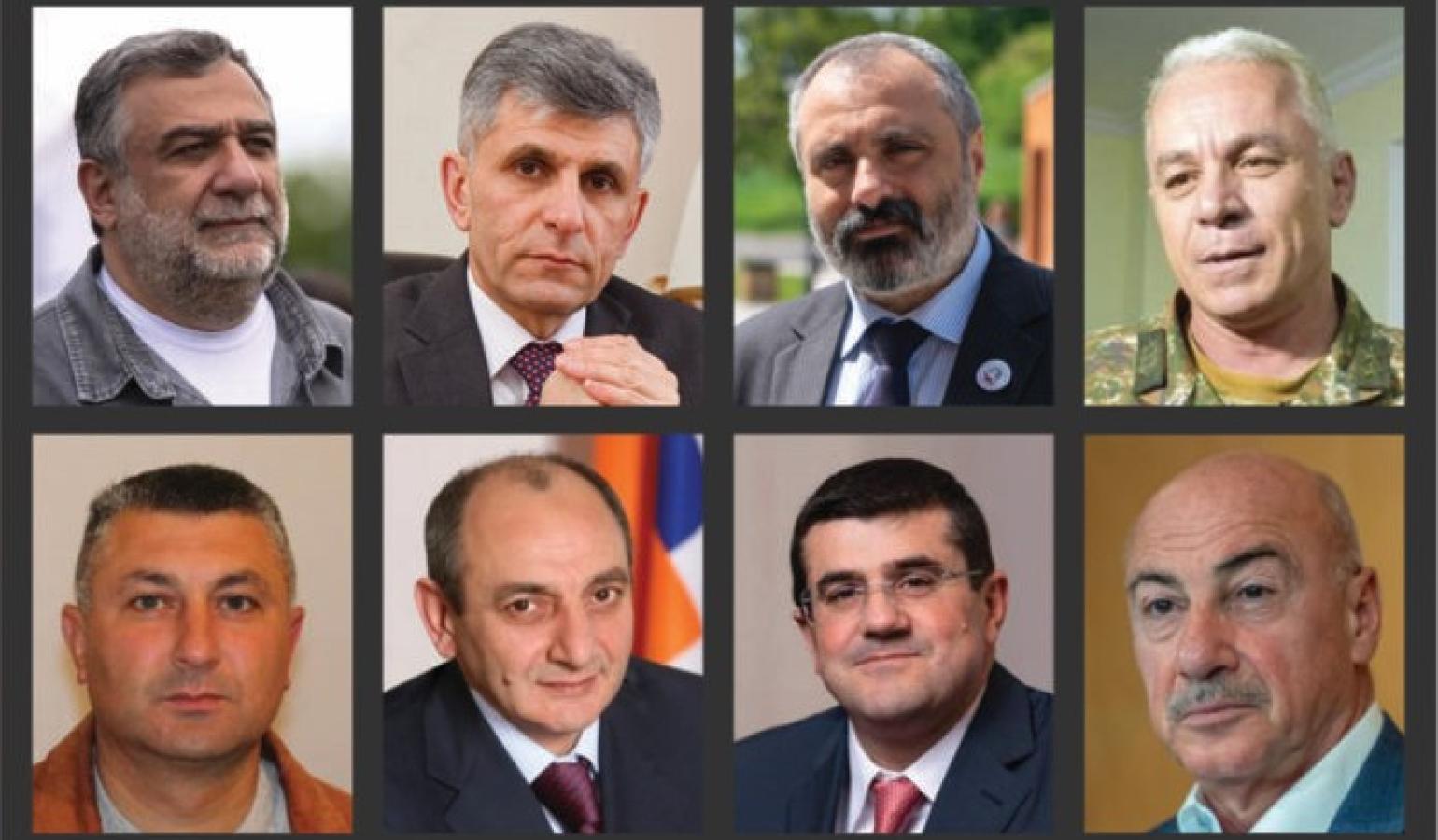
Human rights advocates Siranush Sahakyan and Raffi Kalfayan spoke with The Armenian Mirror-Spectator, a Diaspora-based news agency, about the fate of Armenian hostages held in Baku. The agency has published an extensive article addressing the conditions of Armenian detainees, including their experiences of torture and mistreatment, the ongoing sham trials, and the uncertainty of their future.
"The list of charges against the former political and military leadership of Artsakh is long. Among other accusations, they are charged with forming illegal armed groups, financing and managing them, illegal arms trafficking, war crimes, crimes against humanity, and forced displacement. They have also been accused of illegally crossing the border. Vardanyan is facing charges of financing terrorism. Seven detainees have been charged with torture, while Vardanyan has not," the news agency reported.
Currently, 23 Armenians are imprisoned in Azerbaijan. Seven of them have already been sentenced to 15 to 20 years in prison, while sham trials against the remaining 16 hostages are still ongoing.
Azerbaijan’s prosecution has singled out Vardanyan’s case from the others. Speaking to the news agency, Sahakyan explained several reasons for this.
"Ruben Vardanyan's reputation and his ability to draw international attention to human rights violations in Baku play a crucial role. He has consistently spoken out against these abuses—both during his time in Artsakh, where he advocated for his people's rights, security, and self-determination, and now in Baku, where he continues to do so despite the risks of retaliation. Another factor, I believe, is that he has become a symbol of hope for the future of the people of Artsakh, inspiring them to continue their struggle. Because of this, Vardanyan faces even harsher retribution," said Sahakyan.
Kalfayan added, "Vardanyan is a symbol of resistance against Azerbaijani pressure and aggression. His decision to live in Karabakh was a strong message not only to the people of Karabakh but to the entire Armenian nation. Most of the charges against him are illogical. Vardanyan did not participate in the Karabakh wars, not even in the 2020 war, yet he is accused of being involved in the 1989 Karabakh movement. At that time, he was still a student."
Addressing the issue of withdrawing interstate claims from international courts, the human rights advocates expressed objections, noting grave consequences for the detainees. According to Kalfayan, the release of Armenian hostages cannot be achieved without the involvement of intergovernmental institutions and decisions from international courts. "If Armenia withdraws its interstate complaints, the fate of Armenian prisoners will be terrible," Kalfayan said.
The following section of the article discusses the ongoing torture of the Armenians under Azerbaijan’s captivity. The Armenian Mirror-Spectator writes that the noticeably deteriorating health and appearance of Armenian prisoners of war and political leaders, as well as Azerbaijan’s documented history of judicial corruption and torture of Armenian captives, speaks to the dire conditions in which the detainees are held.
Siranush Sahakyan confirmed the use of torture and mistreatment: "We are aware of various methods, including beatings, staged executions, humiliation, sleep deprivation, and physical deprivation. Many of these actions are punitive in nature and directly linked to ethnic discrimination," Sahakyan said, adding that testimonies from repatriated prisoners confirm they were forced to sign falsified documents written in Azerbaijani without understanding their content.
The lives of Armenian captives in Baku are in danger, and their fate remains uncertain.